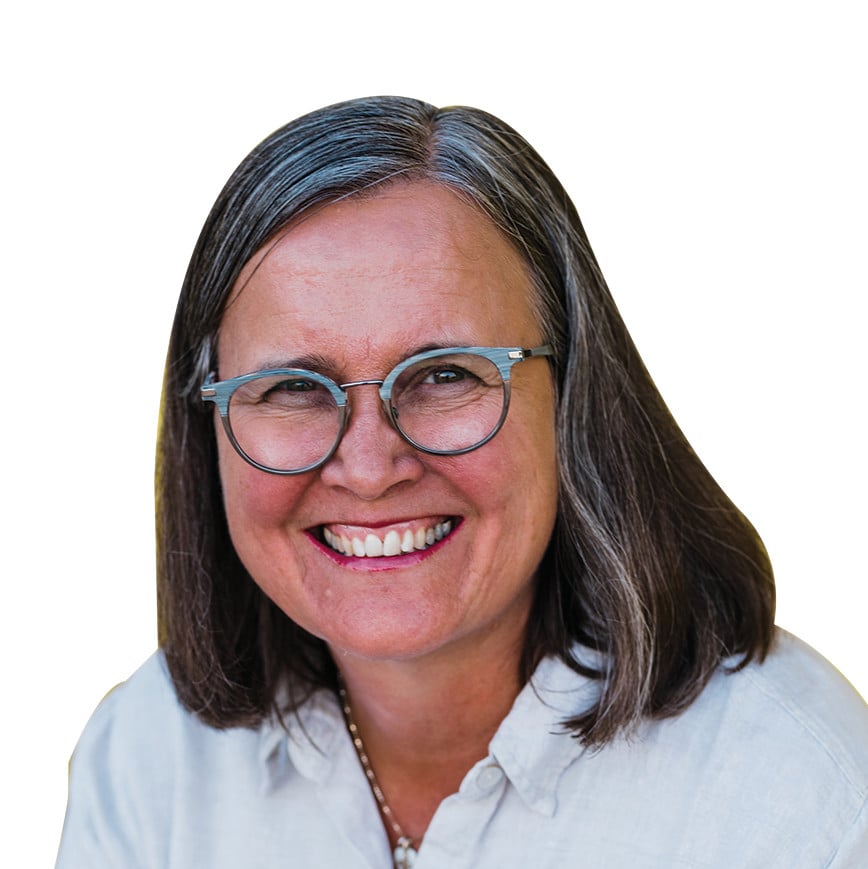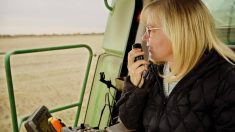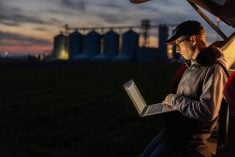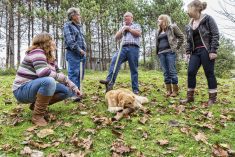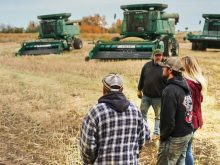It was great delight to hear Dr. Meir Statman speak to certified financial planners in Halifax many years ago, and his wisdom still rings true today. He was talking about normal financial behaviours and why culture matters in how we transition our money to the next generation. I clapped when I heard him say “I believe it is wise to give gifts with a warm hand, not a cold one” — as I have said this many times to farm families in transition.
This conversation is rising strong this winter as land values continue to climb and non-farm heirs are asking their parents if they could have a piece of the farm founder’s estate. I recently coached a wealthy farmer to have an individual conversation with each of his non-farm heirs. He had never thought this was something he could do. He wanted to explore their expectations of his plans for cascading wealth to the next generation. Were his children wanting land, money or something else?
If it terrifies you to even think of asking the next generation, why is that? Many readers are fearful of greed and entitlement discussions now, so they quietly hope things will just work out somehow when they die. “Let the kids work it out on their own” is the thought, which is like lighting a match to gas. A family trauma bomb will go off on your passing!
Read Also

Avoid these thought traps when investing
Investing for Fun and Profit: Let’s review a list, by renowned fund manager Peter Lynch, of the most dangerous things that stock market investors can say to themselves, or to others.
Statman, a professor at Santa Clara University in California and author of Finance for Normal People, thinks money is for well-being, with three benefits: emotions, expressive and utilitarian.
Emotion
The emotional benefits are “How does it make me feel?” Would you give your wife a rose for your anniversary or a $10 bill? (Better pick the rose!)
The deep emotion about your expectations around inheritance might be based on a money script your non-farm heirs carry which says, “If my dad really loved me, he would give me some of the farmland.” I once had a family member cry out for the land where she was engaged; it had high emotional value for her but did not make sense to the vision of the farm being kept intact for the successor.
A helpful question might then be: “Tell me why it is so important for you to have some of the farmland… I don’t think that is a reasonable expectation based on our value of keeping the farmland intact with the farm business.” Another founder may say, “Yes, we will roll over a quarter to you as our non-farm heir — but there will be a 15-year written lease agreement that states first right of refusal for the successor of this farm business, and the price will be negotiated at the start of the lease, as a fair family price, not the fair market value.”
Expression
The expressive benefits are “What does it say about me?” John Deere and other equipment companies have this benefit nailed when farmers love green paint, or red or blue depending on the farmer’s values. What does it say about you when you leave your family in the pain of “not knowing” when you are unable to have transparent, open conversations about the contents and intentions stated in your will.
Please find a copy of your will this month, read it and share the will’s contents with your family, and make updates wherever needed.
Utility
The utilitarian benefits are “What does it do for my pocketbook?” This is one of my quirks; it’s why I use cloth rags and cloth napkins and drive a RAV4 for years, not wanting to trade it in! Money is a tool. I also like to be content with what I can make last longer.
Would it hurt your pocketbook to start giving gifts of farm assets or cash to the next generation on your farm? How would it make them feel? What would it say about you? Imagine and confirm you have enough to live well, you have a generous spirit, and you are happy to be helping them build equity. Your financial planner and accountant can guide you in what amounts are tax-efficient for you to transfer.
You can go on the waitlist at www.33seven.ca to have an exploratory conversation of new tools to cascade wealth to the non-farm heirs — and farm heirs. This tool is beneficial for high-net-worth farmers who have good farm financial liquidity.
Don’t you want to nurture your adult children and give them an opportunity to help your grandchildren build the legacy of the family farm? Have you considered giving RESP funds to your grandchildren to help them build savings for their future education?
How thrilled would your non-farm heir feel with a financial gift to help with a house mortgage or student loan or leg up to help them be successful?
Statman also feels risk tolerance is higher when you expect support from others. This makes the decision to buy land or invest in farm growth a collective decision, when you know you have a strong safety net of support from others in the farm business.
Communication of expectations and timelines is key!

